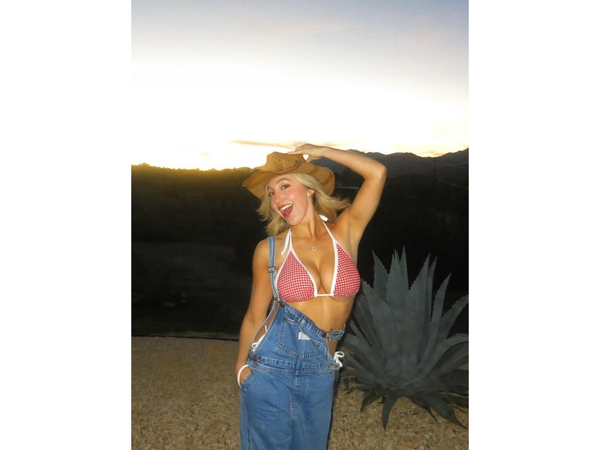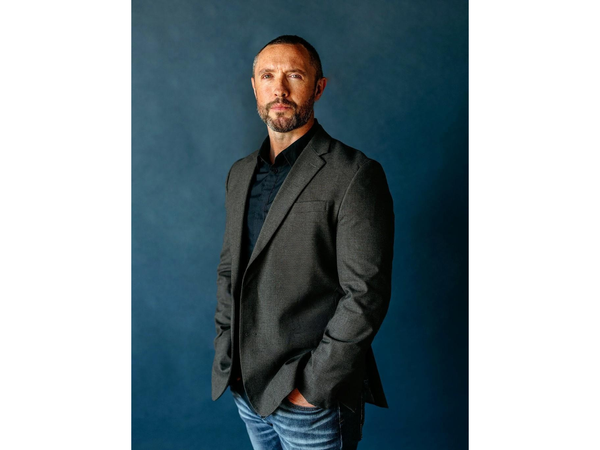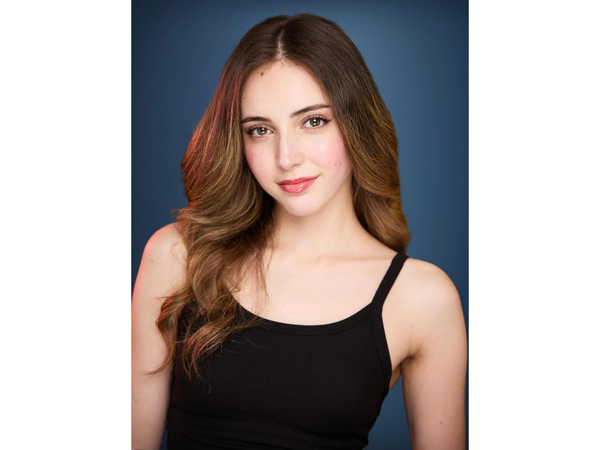MATT ESKANDARI TALKS HARD KILL
"For me a movie is about entertainment"
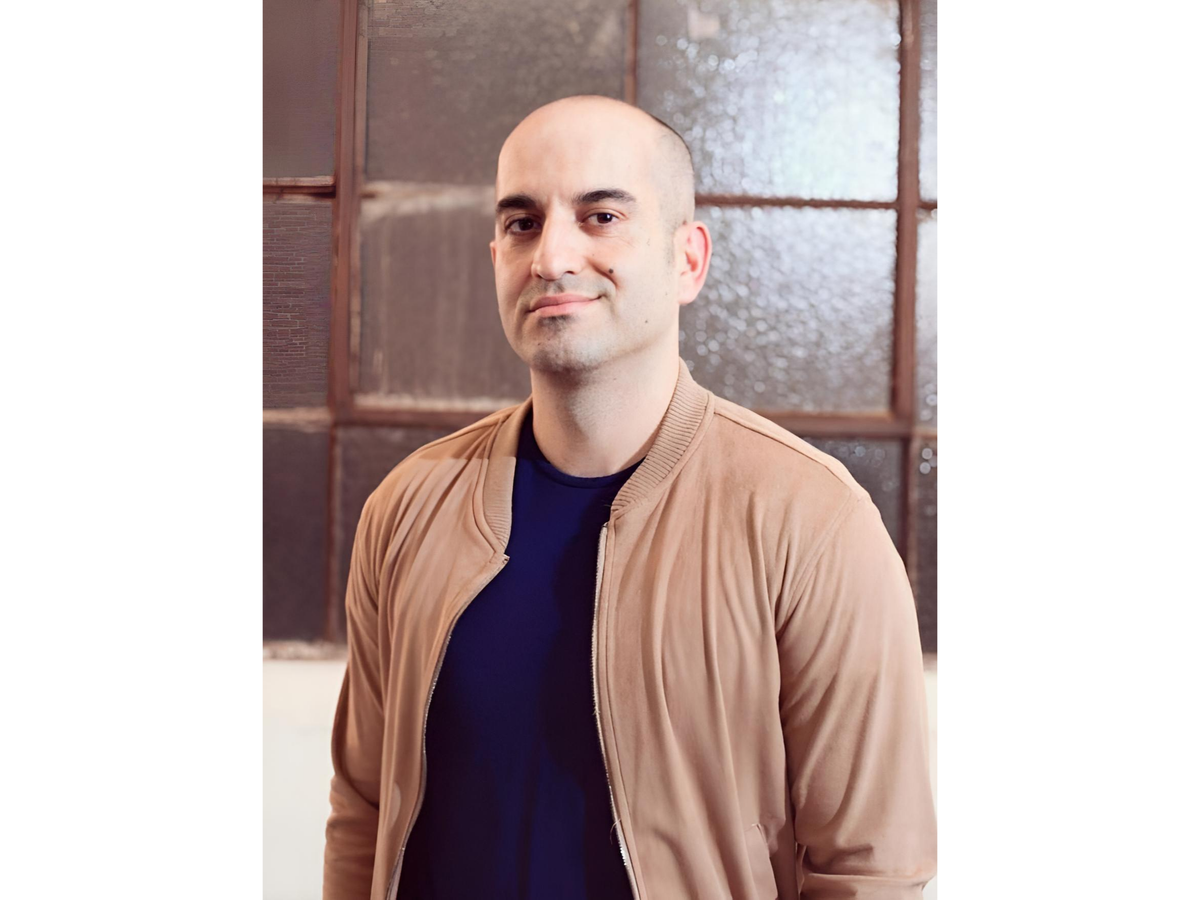
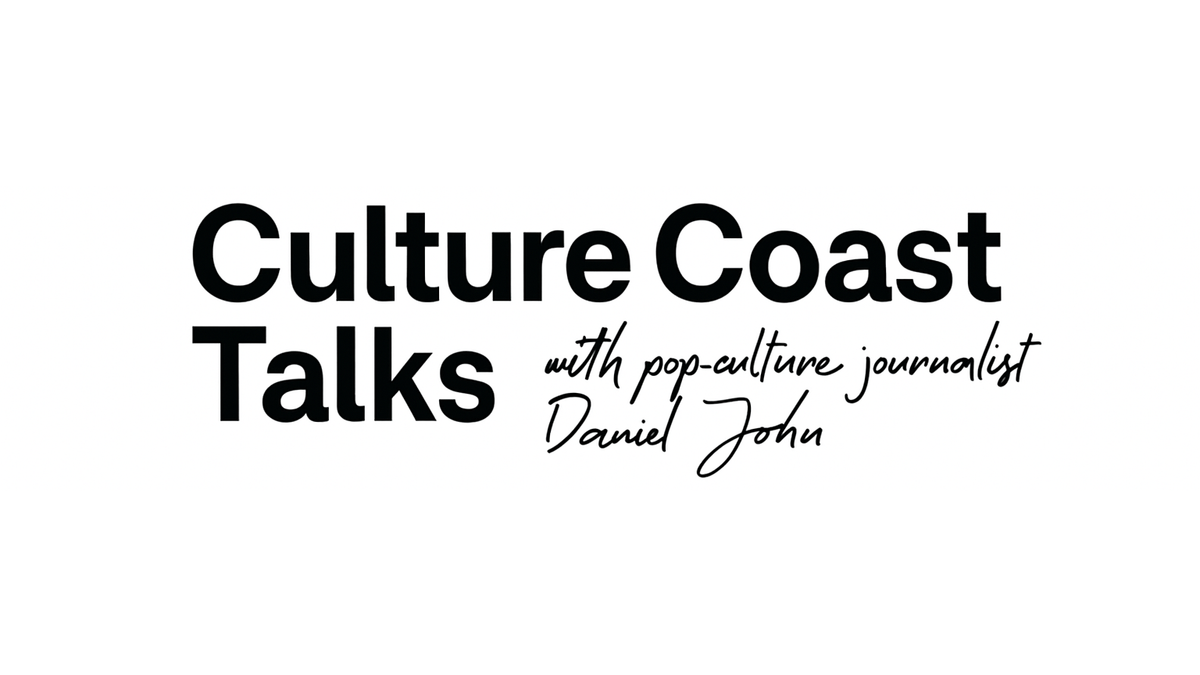
'Hard Kill' feels like a throwback to a time when action-thrillers didn’t need to be tied to the MCU or DCU. But even with that in mind, had you ever imagined premiering a film at an actual drive-in theater?
'Hard Kill' was conceived as a throwback to some of my favorite old school nineties Cannon-films. Simple plot, easily identifiable good guys and bad guys and an almost retro Grindhouse quality to it. So in a way it was perfect that we got to screen the film in a drive in theater. The experience was so unique and made the film all the better for the audience. I'm not sure I'll ever get to have that sort of premiere again in the foreseeable future so I'll always cherish that memory.
This is the third consecutive movie you’ve directed starring Bruce Willis, an actor who has worked with many reknowned action directors. What was your relation to Bruce Willis before ending up on that same list. Has your dynamic, as actor-director, evolved over these three films?
It was intimidating to think of the pantheon of legendary directors who have worked with Bruce. I had to sort of put that into the back of my mind and focus on our story, and our relationship so I would be able to get the best film possible together. It was interesting to see that Bruce really responds to more emotional, character driven material. Over the course of the three films we made together I focused on reworking his lines and character beats so he had more to work with. My favorite of the films was 'Survive the Night', he actually was really on point for that one, cried in a scene and delivered a very impactful performance as the patriarch of the family. When when I read the script for 'Hard Kill', I was like, “There needs to be a scene between the father and the daughter. There’s no emotional scene between them.” In the middle of the film, we need to have some sort of beat where Bruce and his daughter stop and catch their breath and resolve their relationship. Having worked with Bruce a couple of times, I know that he likes doing those kinds of scenes. I was adamant to make sure that we added that into the script.
Did you always know you’d be making three films, they were filmed quite close together?
No I started out only knowing I would direct 'Trauma Center'. But after that experience the Studio asked me to come back and do the next ones. In this business, one thing I've learned over the years is work leads to more work. That is why you have to show yourself, and build relationships.
These were all ten-day shoots, right? Most people hear that and think, “How is that even possible?” Does such a tight schedule mean strictly following the pre-production plan or does it require learning to cut corners and adapt on the fly?
Yes all these last three films were ten day shoots, which is just insane. There were tons of complicated sequences that needed to be shot, full-blown action setpieces, massive shoot-outs between groups, and soldiers, and a drawn out choreographed fight between the Pardoner and Miller. I don’t know any other action thriller that shoots this quickly. Even in the eighties and nineties, they would get thirty days to shoot these kinds of action programmed movies.
What would you say are the most humbling experiences you have had as a filmmaker?
My most humbling experience is having just wrapped out this third film with Bruce and getting a chance to make so many films within a two-year period, I know how lucky I am. I’ve shot three features back to back and this is the most prolific I’ve been ever in my career. It was really a learning process of getting down to the fundamentals of filmmaking, being able to trust my own voice as a director, trusting my instincts as a storyteller and my ability to collaborate with others, create and elevate content, and knowing exactly the stories that I want to tell.
It’s easy to get caught up talking about Bruce Willis, but Jesse Metcalfe is really the driving force in 'Hard Kill'?
Jesse really is the driving force behind 'Hard Kill'. I had never seen too much of his work so I was excited to see what he could do to this material. He really brough a full one hundred and ten percent to the role, and was fully committed to making Derek Miller a memorable action hero archetype.
What made you want to be a storyteller and in film?
What made me want to be a storyteller was that innate desire to tell stories and express myself as an artist. Filmmaking was a natural progression of that desire. For me, a movie, or a story is about escapism, it’s about entertainment and it’s about letting an audience shut off for a couple of hours and enter another world. It’s a timeless story where they can step away and not necessarily get beaten over the head with some kind of theme. But more just something universal and subtextual where they can take what they want and interpret that their own way. That’s one thing that I have learned over the last few films. How important that is.
Ridley Scott had a hand in some of your early work?
Funny enough, Ridley Scott had a hand in my first short film. I worked as a free intern for his company RSA films while in USC film school. I kept nagging his assistant for a one-on-one meeting with him, but he was always very busy. Finally, one day I decided to stay late and be bold and just waltzed into his office to chat with him about filmmaking. He gave me some great advice and told me to take the extra short ends he had laying in his office and to "just go shoot something." It got me really motivated to make a film knowing that Sir Ridley Scott had put pressure on me to make it happen. I never got a chance to show him the short, 'The Taking', that I made with those donated short ends, but the success of that film opened a lot of doors early in my career.

